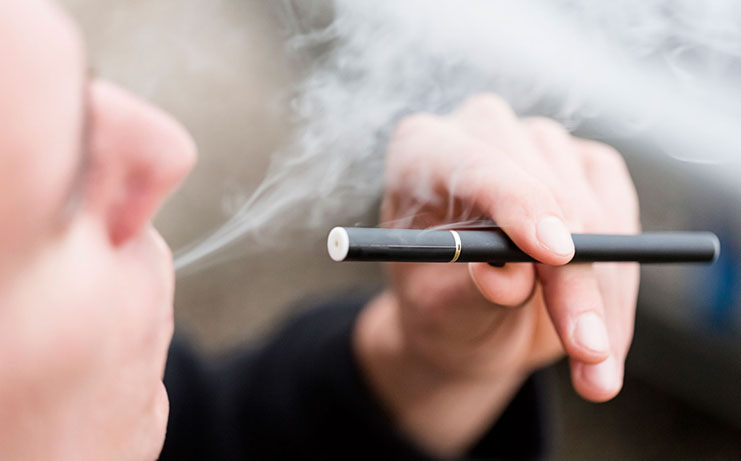 English
English

The study from the University of Waterloo and the Wake Forest School of Medicine found that students in grades seven to 12 who had tried an e-cigarette are 2.16 times more likely to be susceptible to cigarette smoking.

Washington D.C: Vaping is a gateway to getting kids hooked on the cigarette-smoking habit, according to a new study.
The study from the University of Waterloo and the Wake Forest School of Medicine found that students in grades seven to 12 who had tried an e-cigarette are 2.16 times more likely to be susceptible to cigarette smoking.

"Since e-cigarettes came on the market there has been a debate about whether their use may lead to cigarette smoking," said co-author Bruce Baskerville. "The answer among adolescents is yes."
Also Read: Even teens can suffer organ damage from high blood pressure
Using data from the Canadian Student Tobacco, Alcohol and Drugs Survey, the study found almost 10 per cent of students in grades seven to 12 reported ever having used e-cigarettes.

E-cigarettes can contain nicotine but not many of the harmful substances produced by smoking tobacco, such as tar or carbon monoxide. These products work through an inhalation-activated system that heats a solution to create an inhalable aerosol, often known as vapor.
Also Read: Teen depression linked to violence
"While preliminary evidence suggests that e-cigarettes contain fewer toxic chemicals than traditional cigarettes, our findings suggest that a potential increase in harmful cigarette use may follow as e-cigarette use continues to rise among adolescent populations," said Baskerville.

Provincial regulations for e-cigarettes vary across the country. In Ontario, the Electronic Cigarettes Act came into place on January 1, 2016 and prohibits the sale of e-cigarettes to anyone under 19 years of age.
The study is published in Preventive Medicine. (ANI)